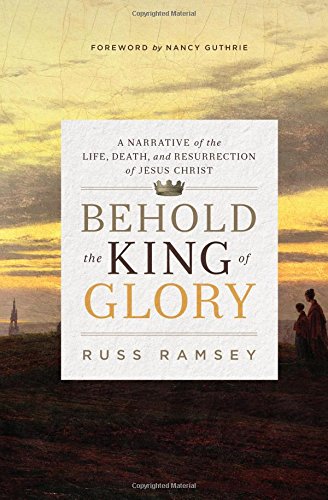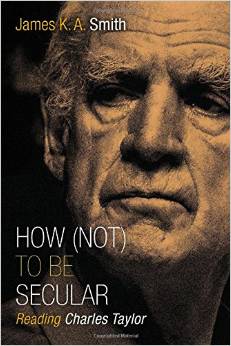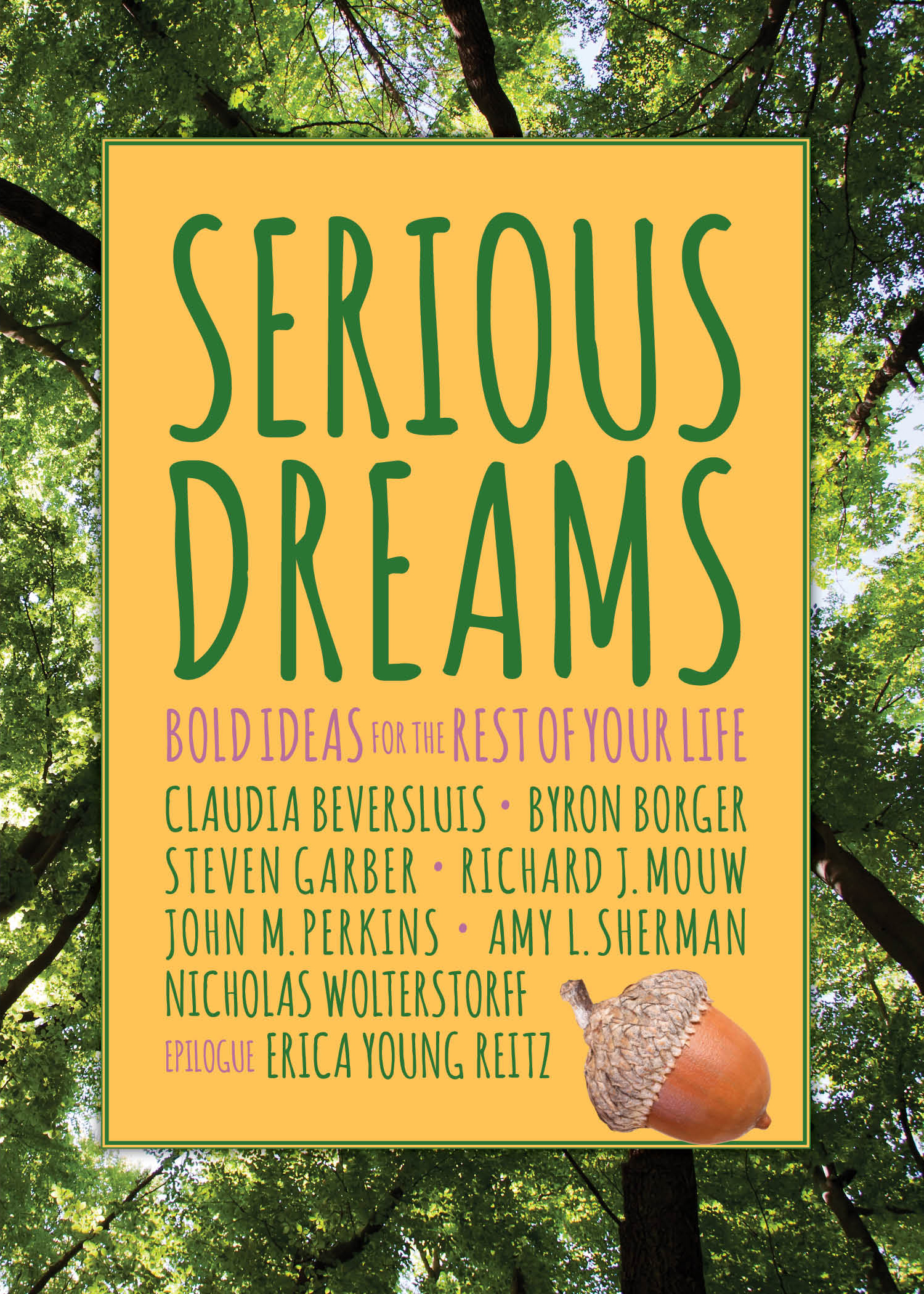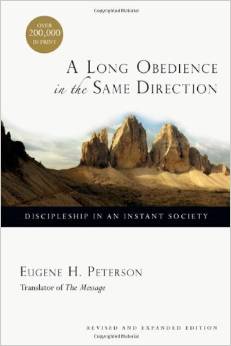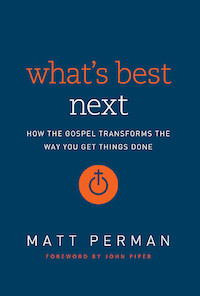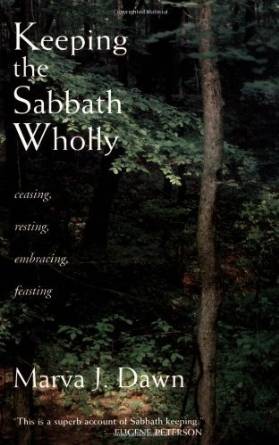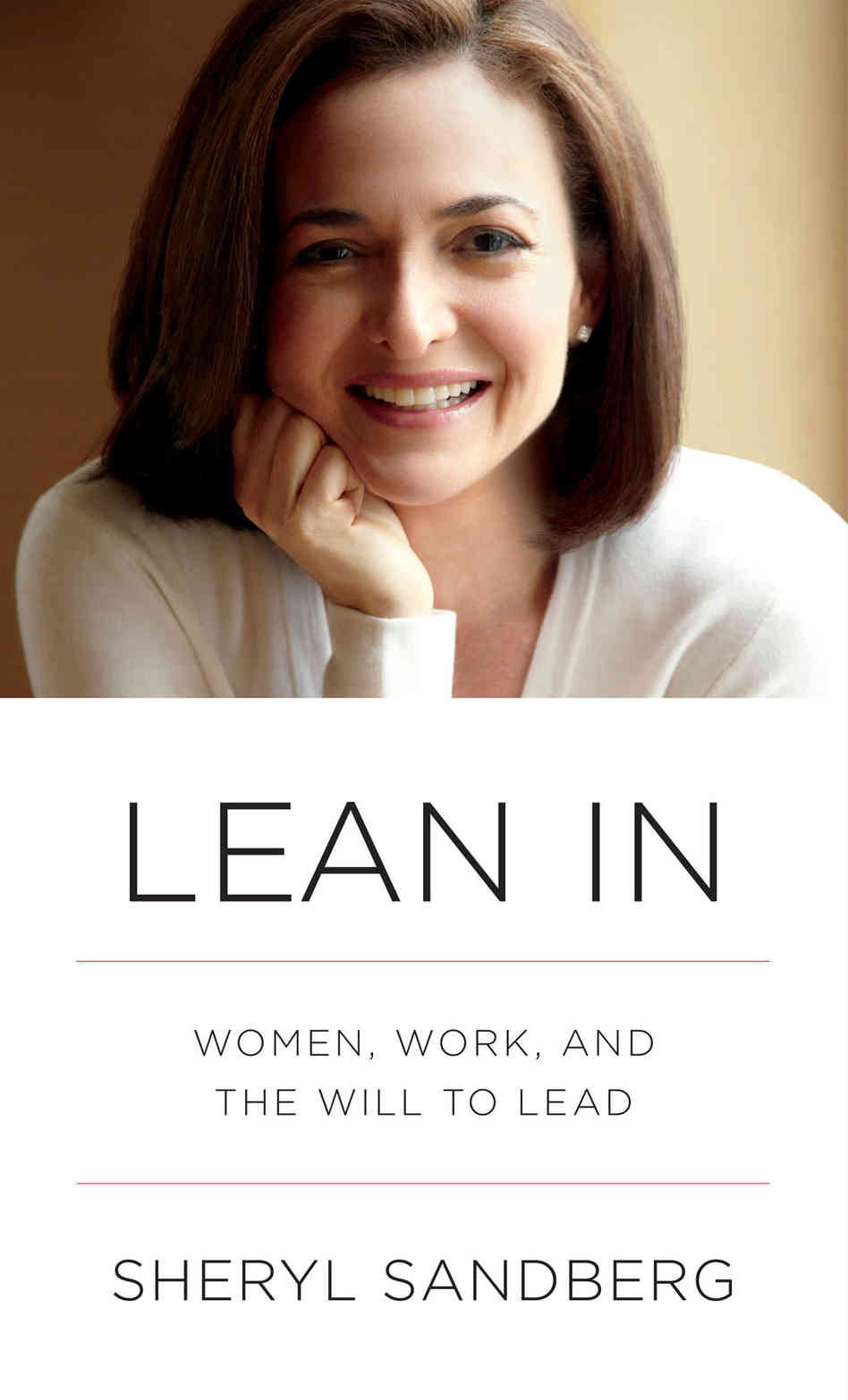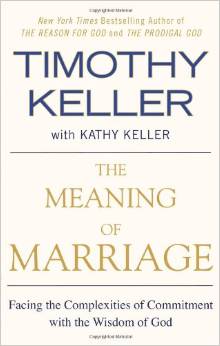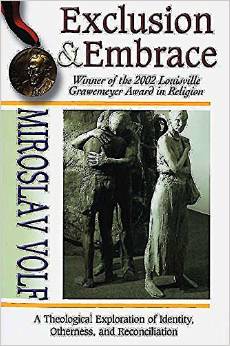Now that new graduates are no longer studying for class, they can pick up books for fun. Here are some books that I’d recommend giving graduates to help them live coram Deo—before the face of God.

 To Behold and Discern
To Behold and Discern
Our world rarely compares religions to see which one makes the most sense. Instead, our Western world considers all religious to be basically the same, where the only rational system of belief is secularism. If graduates want to be “wise as serpents,” they need to deeply treasure Christ and also know what keeps others from seeing his beauty.
- Russ Ramsey, Behold the King of Glory.
- James K. A. Smith, How (Not) to Be Secular.
Ramsey writes a breathtakingly beautiful “creative non-fiction” narrative of the life of Jesus that leads even life-long followers of Jesus to encounter him in new ways. Smith’s concise guide to Charles Taylor’s complex and lengthy A Secular Age pairs perfectly with Ramsey because it identifies, and deconstructs, one of the greatest threats to modern people beholding Jesus—secularism.

 To Dream and Obey
To Dream and Obey
Having big dreams isn’t a bad thing. All of us have benefited from people who imagined a world that was different from the one in which they lived—Martin Luther, Mother Teresa, Martin Luther King Jr., Dietrich Bonhoeffer, and more. The problem comes when we pursue our dreams at the expense of everyday faithfulness to God and neighbor. We need the power to endure and persevere as we connect our high calling with our daily living.
- Byron Borger, ed., Serious Dreams: Bold Ideas for the Rest of Your Life.
- Eugene Peterson, A Long Obedience in the Same Direction: Discipleship in an Instant Society.
Borger’s book collects several commencement speeches, from Steve Garber to Richard Mouw to Amy Sherman. Each speaker offers a robust vision of vocation, beckoning graduates to see that all work—“carpentry, plumbing, data-entry, nursing, art, business, government, journalism, entertainment, and scholarship,” as TGC’s Theological Vision of Ministry highlights—can be done as lived-out worship of God. This lofty vision, though, needs grounding, so I pair it with the Peterson book, which is a meditation on the Psalms of Ascent. Its title says it all.

 To Work and Rest
To Work and Rest
The commandment about the Sabbath could just as easily be called the commandment about work because it talks about both: “Remember the Sabbath day, to keep it holy. Six days you shall labor, and do all your work, but the seventh day is a Sabbath to the LORD your God” (Ex. 20:8-10). Coupling the Sabbath and work together helps us to see that God, and God alone, ultimately makes our work effective (Ps. 127:1; Prov. 16:3).
- Matt Perman, What’s Best Next: How the Gospel Transforms the Way You Get Things Done.
- Marva Dawn, Keeping the Sabbath Wholly: Ceasing, Resting, Embracing, Feasting.
Although I recommend Tim Keller’s Every Good Endeavor for a robust theology of work, I recommend Perman and Dawn to find real-world ideas, advice, and practices on how to be productive—in any sphere—for the sake of love and, on the flip side, how to put down that productivity as a means of worship. I wish I had read these books when I first started working. Don’t approach either book, though, with the mentality that you have to do exactly what they say, but with the idea that they might expand your imagination and practice about working and resting.

 To Achieve and Serve
To Achieve and Serve
We’re called to be ambitious—but ambitious for Christ’s name, not ours. Discerning our motives for achievement, though, has never been easy.
- Sheryl Sandberg, Lean In: Women, Work, and the Will to Lead.
- John Owen, The Mortification of Sin.
Sandberg’s book isn’t just for women, but for anyone who feels like he or she might be “less than” at work, like new college graduates, for example. Like Perman and Dawn, Sandberg is eminently practical—from how to negotiate salaries to how to determine what makes for a good mentor. For the Christian, though, it can’t stand alone. I pair it with Owen because I know of no better antidote to selfish ambition than a sustained, intentional fight against sin. These books aren’t easy to read alone, though, so I suggest wrestling through the implications with a few friends.

 To Heal and Love
To Heal and Love
So much of our current debate is about how to love “the other”—whether that’s someone who’s of another race, gender, or political affiliation. In these conversations, though, we’re often limited by our own identities, perspectives, and histories. We need to see our blind spots so that we can move toward one another in love.
- Miroslav Volf, Exclusion and Embrace: A Theological Exploration of Identity, Otherness, and Reconciliation.
- Tim Keller with Kathy Keller, The Meaning of Marriage: Facing the Complexities of Commitment with the Wisdom of God.
I know of no better book than Volf that goes below the surface issues of otherness to uncover the real issue. Our problem, he argues, isn’t our differences, but animosity from our differences. This reframing radically changes how we approach the solution. Instead of sameness to eliminate our differences, we seek self-giving love that lays down our differences. The Kellers’ book is a case study on that type of love. It’s not just for those who are married, but for those who want to build relationships with others that aren’t based merely on shared interests, but on sacrifice, covenant, and self-giving love—rare concepts in our postmodern world.
Is there enough evidence for us to believe the Gospels?
 In an age of faith deconstruction and skepticism about the Bible’s authority, it’s common to hear claims that the Gospels are unreliable propaganda. And if the Gospels are shown to be historically unreliable, the whole foundation of Christianity begins to crumble.
In an age of faith deconstruction and skepticism about the Bible’s authority, it’s common to hear claims that the Gospels are unreliable propaganda. And if the Gospels are shown to be historically unreliable, the whole foundation of Christianity begins to crumble.

















